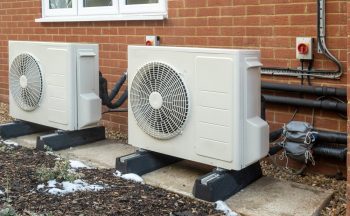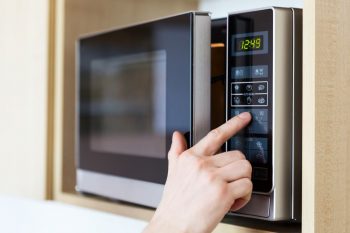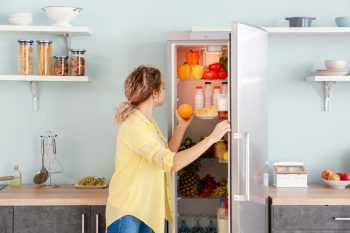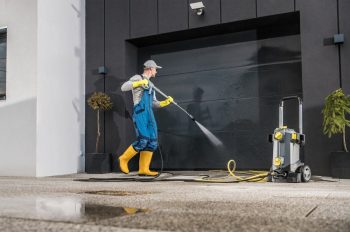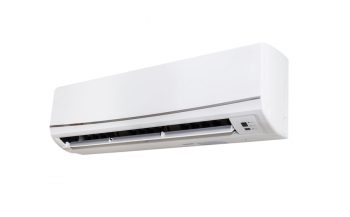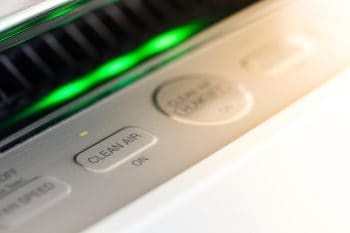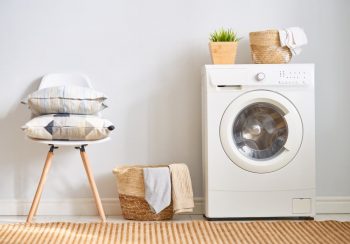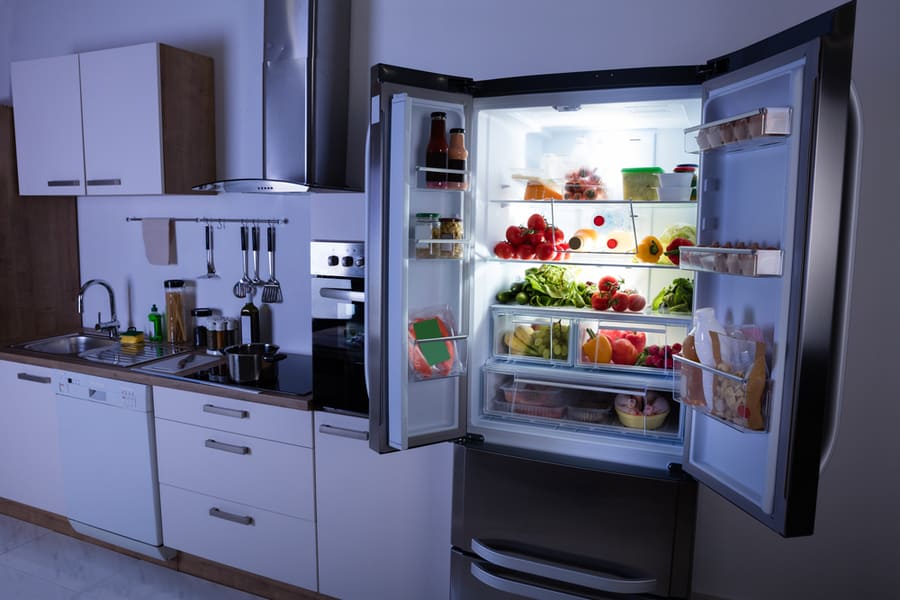
Have you wondered what will happen if you leave your refrigerator door open? At least one thing is sure; it will not freeze the entire room and make it snow indoors!
But there may be some serious consequences that you will want to avoid if you leave your fridge door open for too long. Knowing what they are can potentially save your food and prevent a costly repair bill.
If you’re in a hurry and don’t want to go through the complete article, here are the key takeaways.
Leaving your refrigerator door open is a serious threat to your food and can also result in costly damage to your appliance. Some potential consequences of leaving your refrigerator door open include the following:
- Spoiled food and drinks.
- Increased energy usage and higher electric bills.
- Unwanted growth of mold and mildew inside your fridge.
- Potential damages to the compressor and other internal components.
The good news is that you can often prevent these problems by simply being more mindful in the kitchen. Always make it a point to close the refrigerator door behind you when you’re done, and ensure that your kids and family members are also aware of this important safety rule.
Now that you know the basics, I’ll review the essential details. Then, I’ll explain how long it takes for the temperature to rise, how much extra energy the fridge uses, and what you can do to prevent any problems.
In the end, I’ll answer some frequently asked questions about this topic.
What Happens When You Leave Your Refrigerator Door Open?
Leaving your refrigerator open for a little while is perfectly fine. Modern refrigerators are designed to maintain a steady temperature even if the door is left open for a few minutes.
However, if you’re gone for an extended period, or if you leave it open for a few hours on multiple occasions, then you can run into potential problems like these:
1. Foods and Drinks Will Start To Spoil Faster

Leaving your refrigerator door open can increase the temperature inside the fridge and cause food and drinks to spoil faster than usual. And if you have any perishable food in your refrigerator, this could mean that you’ll have to throw it away before you planned.
While it takes a while for this to happen, it can be a serious inconvenience if you have lots of food in your fridge. The spoilage rate will depend on the ambient temperature outside your fridge and the types of foods you have.
So if you typically keep a lot of fresh produce, dairy products, and meat in your fridge, it’s especially important to close the door when you’re not using it.
If you’re unsure how long specific foods can be left without refrigeration, then check your food labels and guidelines. Consuming spoiled foods and beverages can make you sick, so it’s always better to be safe than sorry.
2. Your Electric Bill Will Increase As the Compressor Works Harder
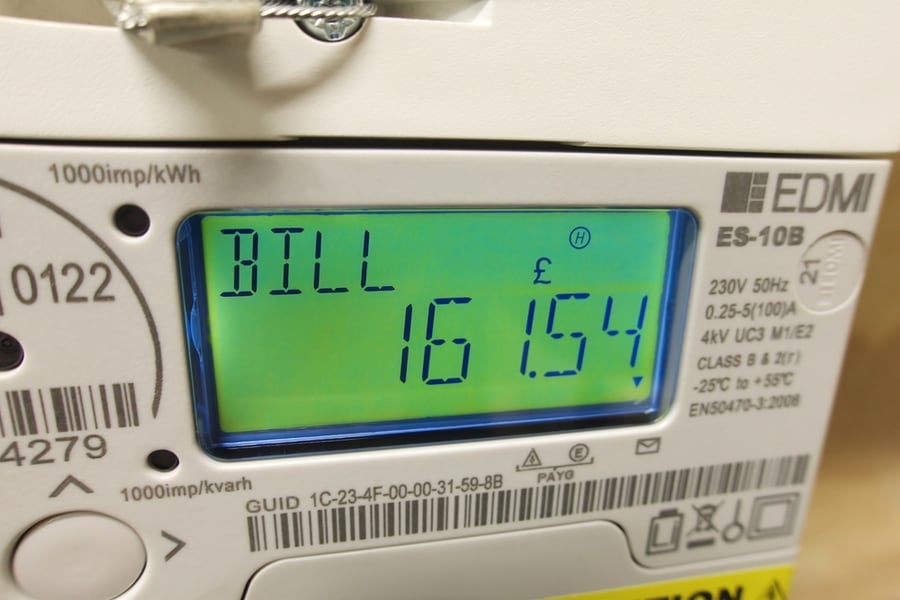
It’s no secret that refrigerators use energy to keep your food fresh. It’s the compressor’s job to keep the interior at a steady temperature, and once the required temperature is reached, the compressor gets tripped to reduce energy consumption.
However, leaving your refrigerator door open can cause the compressor to kick on more frequently, requiring more energy and resulting in a higher electric bill.
This can especially be the case if you’re not home and your fridge runs for hours to maintain a constant temperature.
If you want to reduce your energy usage and save money, then always make sure that you close the refrigerator door behind you. This small step can help keep your refrigerator running optimally and slash overall energy costs.
Many people set their refrigerator temperature much lower than required. So, for example, if you’re storing milk and eggs at 40°F (5°C), then it’s not necessary to keep the temperature set at 32°F (0°C), which is often the default setting for many refrigerators.
Instead, you can adjust your temperature to the optimal setting to help prevent your compressor from running too frequently. This will reduce your energy usage and keep your electric bills under control without affecting the temperature of your food and beverages.
3. Mold and Mildew May Start To Grow Inside Your Fridge
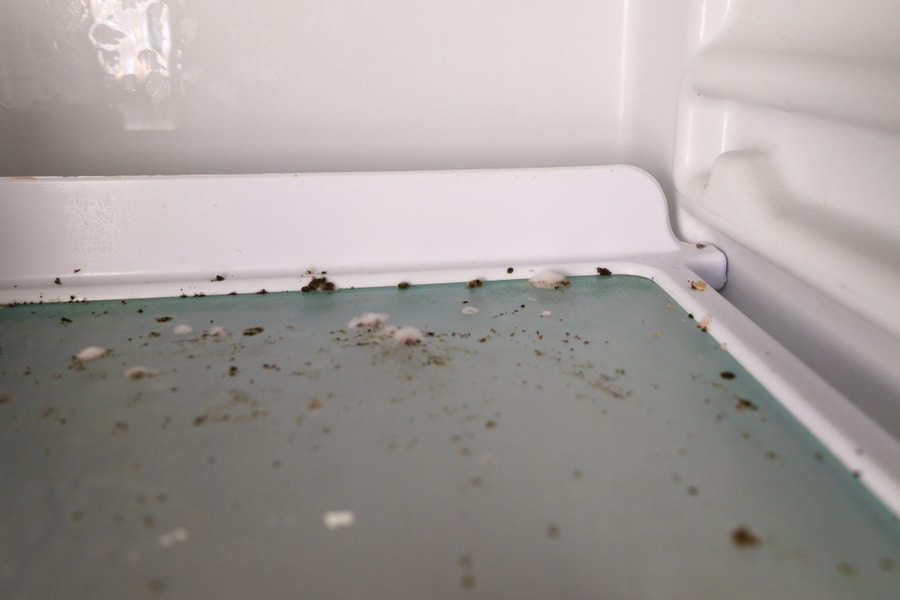
If you leave your refrigerator door open for long periods, then mold and mildew may grow on food or inside the walls of your fridge. Fungi love moisture and heat! This mostly happens during the summer, when the ambient temperature and humidity levels are high.
This can be a real problem, as it can lead to health issues and damage the interior of your refrigerator. The harmful bacteria can also contaminate your food, leaving you with no choice but to throw it away or, worse yet, eat it!
To keep your refrigerator in good working order and prevent bacteria from growing inside of it, always make sure that you close the door behind you. This will help to maintain the required temperature and keep your food fresh for much longer than usual.
If you notice any mold or mildew inside your refrigerator, then be sure to clean it up right away. You can use antibacterial wipes or a mixture of vinegar and water to eliminate growth. Ensure you dry the surfaces completely after cleaning, as moisture can lead to more mold!
4. Potential Damages to the Compressor and Other Internal Components
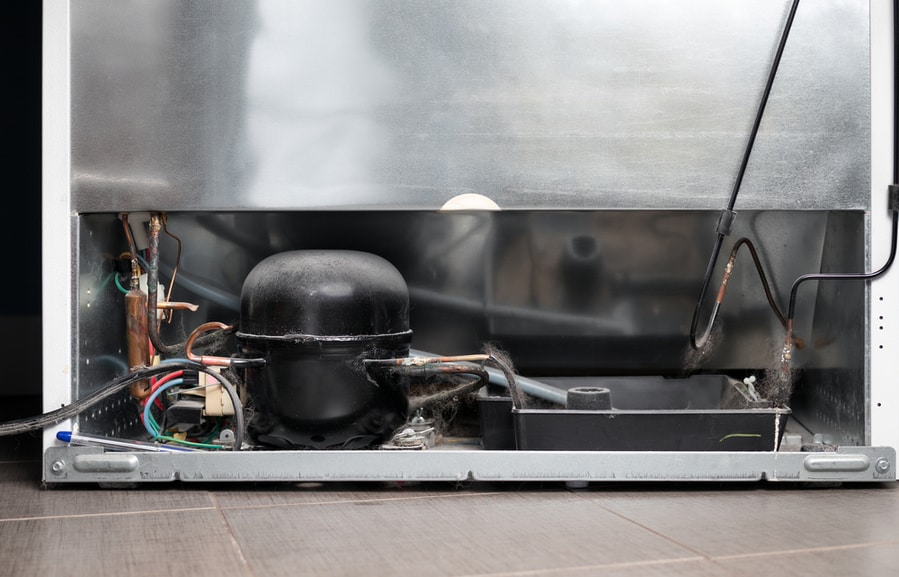
If you left your refrigerator door open for a long time and subsequently start to notice any issues, such as strange noises or a broken door, then make sure to call a professional immediately! They will be able to inspect your fridge and determine if any repairs are needed before further damage can be done.
If you keep the fridge door open for too long, the compressor must run continuously to maintain the temperature. Without getting any rest, it can overheat and become damaged.
This can also lead to other issues with your refrigerator, including mechanical breakdowns and a higher chance of some other internal components failing.
If you left your refrigerator door open for a long time and subsequently start to notice any issues, such as strange noises or a broken door, then make sure to call a professional immediately! They will be able to inspect your fridge and determine if any repairs are needed before further damage can be done.
What Does the Experience Say?
In my experience, most people tend to leave their refrigerator open while leaving home in a hurry and opening the fridge to quickly grab some food or water. Another common reason for accidentally leaving your fridge open is if it is not correctly balanced on your kitchen floor.
Final Roundup!
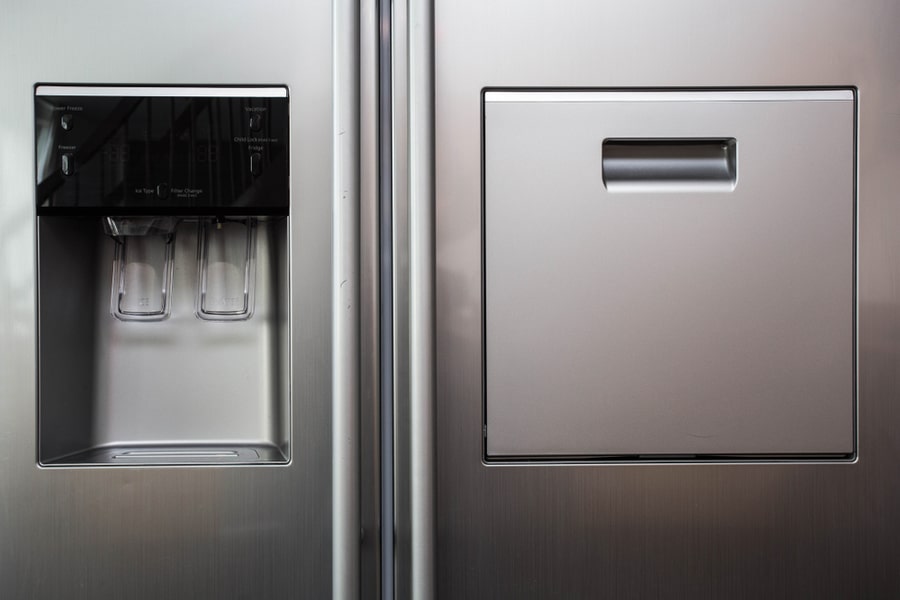
Refrigerators are designed to keep your food fresh and prevent it from spoiling. They maintain a cool temperature, typically between 36-40 degrees Fahrenheit (2-5 degrees Celsius).
However, if you leave your refrigerator door open for too long, the temperature inside can rise quickly. This can cause mold and mildew to grow and damage your compressor and other internal components.
To avoid these issues, always close your refrigerator door behind you and call a professional if you notice any problems.
Frequently Asked Questions
What Can Happen if I Leave My Refrigerator Door Open for a long period?
Leaving your refrigerator door open for a long period can lead to various problems, including food and drinks spoiling faster, mold or mildew growing inside your fridge, and damage to the compressor and other internal components.
To prevent these issues, always remember to close your refrigerator door behind you and call a professional if you notice any issues with your fridge.
I Accidentally Left My Fridge Door Open for a Few Hours. Now I See Mold and Bacteria Growing Inside My Fridge. What Should I Do?
If you find mold or bacteria in your fridge after leaving the door open for a while, take immediate action to clean it up. This can be done using antibacterial wipes or a mixture of vinegar and water.
Make sure to dry surfaces completely afterward, as moisture encourages more growth.
I think I Damaged the Compressor of My Refrigerator After Leaving Its Door Open for Too Long. What Should I Do?
If you think you may have damaged the compressor of your refrigerator after leaving its door open for a long period, you should call a professional to inspect it and assess the damage. They will be able to determine if any repairs are needed or if your fridge needs to be replaced.


